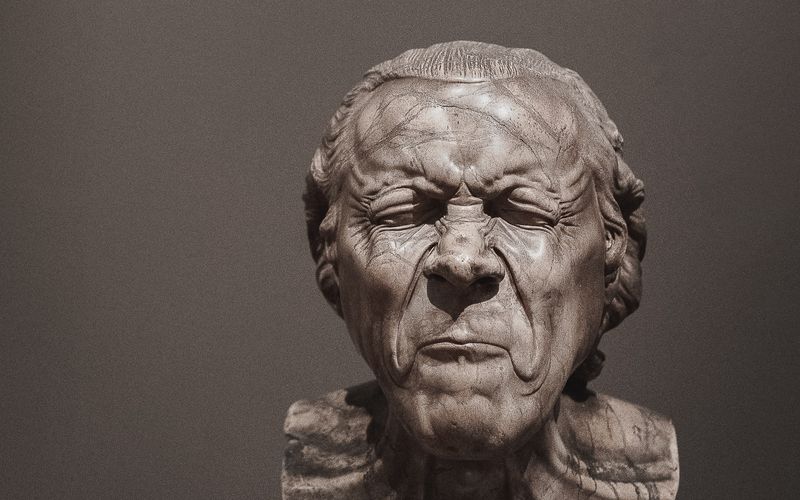Contrary to the prevailing stereotype, self-care is not a gender-specific concept; it is a fundamental aspect of holistic well-being for all individuals.
In today's fast-paced and demanding world, self-care, mental health, and the pursuit of inner well-being have become increasingly important. However, there exists a persistent and detrimental stigma surrounding these topics, particularly when it comes to men. Toxic masculinity, deeply ingrained in our society, often discourages men from engaging in self-care practices, visiting spas, and prioritizing their mental health.
In this article, we delve into the toxic masculinity stigma surrounding self-care, spas, and mental health, aiming to challenge these norms and promote a healthier, more inclusive understanding of well-being.
Toxic masculinity, characterized by rigid gender expectations and the suppression of emotions, has long dictated societal norms around masculinity. Men are often conditioned to prioritize physical strength, emotional resilience, and self-sufficiency while dismissing their own vulnerabilities and neglecting self-care. This harmful narrative perpetuates the idea that seeking help, pampering oneself, or engaging in activities associated with relaxation and mental rejuvenation are signs of weakness.
Contrary to the prevailing stereotype, self-care is not a gender-specific concept; it is a fundamental aspect of holistic well-being for all individuals.
By embracing self-care practices, men can reclaim their power and challenge the toxic masculinity stigma. Engaging in activities such as meditation, journaling, exercise, or indulging in spa treatments can foster a deeper connection with oneself, promote emotional well-being, and ultimately enhance overall life satisfaction.
Spas, often perceived as feminine spaces, offer a sanctuary for relaxation and self-discovery. Beyond luxurious treatments, spas provide an environment that encourages mindfulness, stress reduction, and emotional healing. Men should not shy away from experiencing the benefits of spa therapies. From massages and facials to sauna sessions and hydrotherapy, spas offer an array of services that can alleviate physical tension, reduce anxiety, and promote mental clarity.
Another critical aspect of challenging the toxic masculinity stigma is debunking the misconceptions surrounding male mental health.
Men, just like women, experience a wide range of emotions and face unique challenges. However, societal expectations often discourage men from openly discussing their feelings, leading to suppressed emotions and a higher risk of mental health issues. Encouraging conversations around male mental health, promoting empathy, and providing support systems are crucial steps in breaking the toxic masculinity cycle.
To promote a healthier understanding of well-being, it is essential to create inclusive spaces where men feel comfortable seeking help and engaging in self-care practices. This includes destigmatizing mental health conversations, fostering non-judgmental environments, and normalizing the idea that everyone deserves to prioritize their well-being, regardless of gender. By challenging societal norms and dismantling the toxic masculinity stigma, we can create a more compassionate and supportive society for all.
The toxic masculinity stigma surrounding self-care, spas, and mental health poses a significant barrier to men's well-being.
By challenging these norms, we can empower men to embrace self-care practices, visit spas, and prioritize their mental health without fear of judgment. It is time to break free from the confines of toxic masculinity, promote a more inclusive understanding of well-being, and create a society that supports and celebrates the pursuit of self-care and mental well-being for all individuals, regardless of gender. Together, let us redefine masculinity and pave the way for a healthier, happier future.






